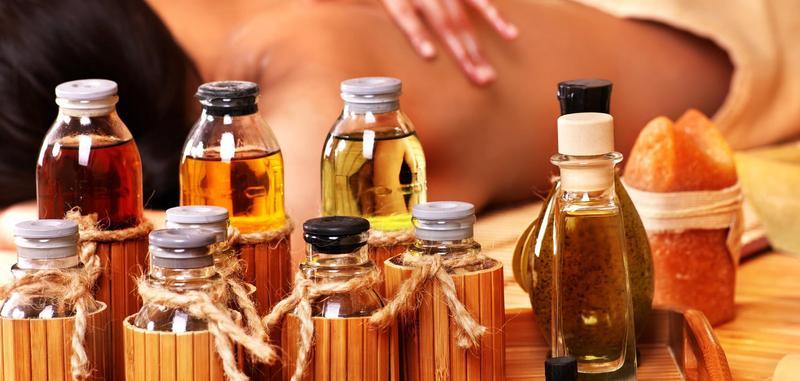Aromatherapy Massage for Post-Surgical SleepMay 3, 2018

Stress, anesthesia and pain can all keep patients awake post-surgery.
A new study investigated the effects of aromatherapy massage on the sleep quality of hospital patients who had recently undergone surgery, and discovered this therapy had a positive impact.
Study Design
One day after receiving general surgery, patients at a postoperative intensive care unit experienced a substantial improvement in sleep quality, as well as diastolic blood pressure, after a full-body massage, according to the research.
The study, “Effects of aromatherapy massage on the sleep quality and physiological parameters of patients in a surgical intensive care unit,” included 60 postoperative patients at a surgical intensive care unit.
For the focus of the study, the researchers aimed to determine whether aromatherapy massage can improve sleep among these patients.
“The intensive care unit patients, who need sleep and rest the most in order to recover, are unfortunately the patient group that has to suffice with the least amount of sleep due to their environment and conditions,” state the study’s authors.
“These patients spend awake an important part of the day they need to be asleep; therefore, they are not able to benefit from the therapeutic effect of sleep adequately.”
For the analysis, postoperative surgical patients in the intensive care unit were randomly assigned to the aromatherapy massage group or the standard-care control group.
One day following undergoing general surgery, subjects in the massage group received a full-body massage with lavender oil. Those from the control group received regular nursing care.
Aromatherapy Massage Benefits
The main outcome measures in this research were sleeping quality and also the physiological variables of pulse, systolic blood pressure, diastolic blood pressure and respiratory rate.
Sleep quality was evaluated before and following the intervention period using the Richards-Campbell Sleep Questionnaire. The physiological parameters were recorded 15 minutes prior to and after the intervention period and 30, 60 and 120 minutes later.
Analysis of this data revealed a substantial improvement in both sleep quality and diastolic blood pressure among subjects in the aromatherapy massage group after the full-body massage.
In the aromatherapy massage team, 80 percent of the subjects reported daytime sleepiness following the intervention. In the control group, 63 percent of the subjects reported daytime sleepiness. Both institutions are in Erzurum, Turkey.
The research was conducted Department of Surgical Nursing, Atatürk University, and Surgical Nursing, Department of Surgery, Atatürk University Research Hospital. Both institutions are in Erzurum, Turkey. It was published in African Journal of Traditional, Complementary and Alternative Medicines.
Be the first to post a message!